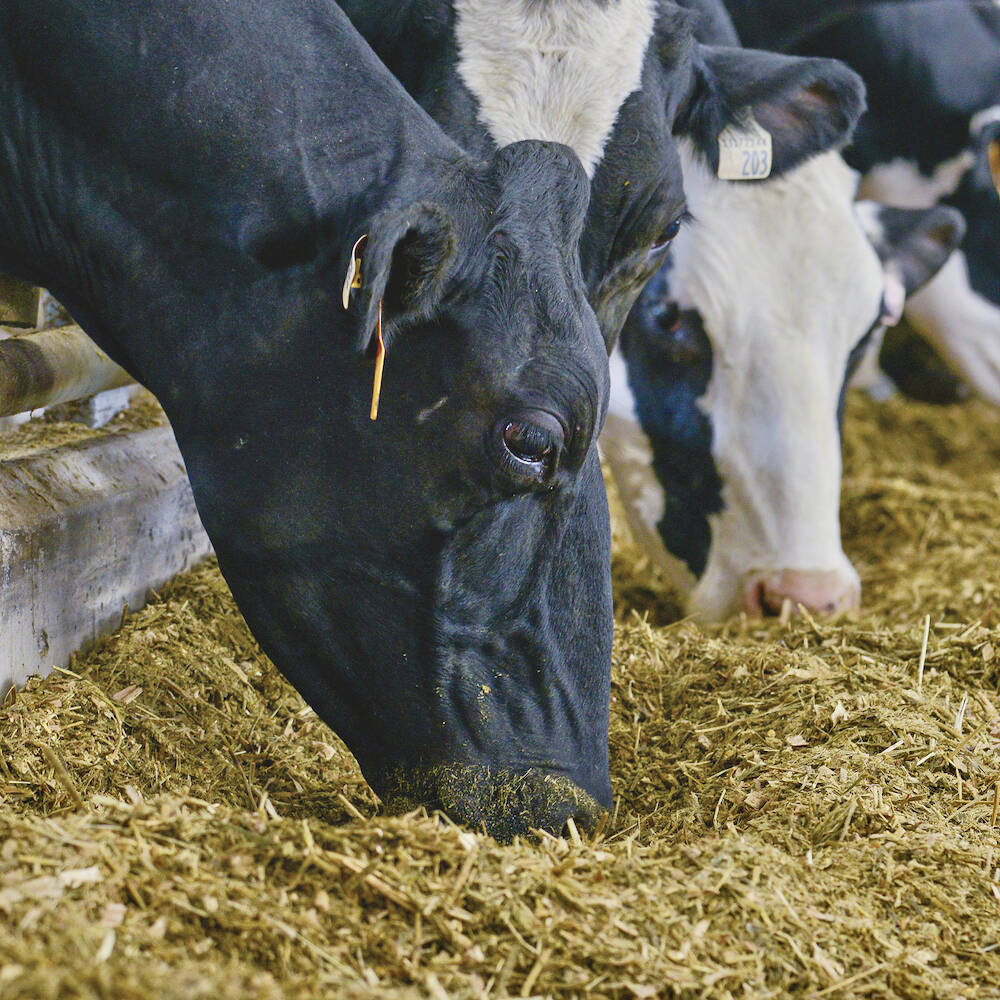Canada’s agriculture minister says Canada won’t negotiate in public when it comes to the Trans Pacific Partnership (TPP), the proposed wide-ranging free trade agreement among a group of Pacific Rim countries.
Responding to questions at an unrelated event in Winnipeg last week, Agriculture and Agri-food Minister Gerry Ritz said Canada has put forward strong proposals regarding supply management when it comes to TPP negotiations. On July 21, the U.S. government publicly criticized Canada in an open letter, saying it was, “unwilling to seriously engage in market access discussions regarding dairy.”
Read Also

Media reports suggest U.S. dairy access to Canada a topic of conversation in Ottawa
Globe and Mail article suggests U.S. dairy access to Canada is back as a topic of conversation in Ottawa
“We consider the proposals we’ve put forward balanced in scope and we want to make sure those that export have the ability to export,” Ritz said. “And under the supply-managed system we recognized the value that it brings to the Canadian economy, we make all these arguments at the negotiating table, we don’t do it in public, nor does any other country for that matter.”
The exception to that rule may be the United States, which has put continuing pressure on Canada regarding supply management, particularly around the country’s dairy industry.
“Certainly we don’t tip our hand in public, they may think that’s a good way to negotiate; I don’t,” said Ritz.
The minister did say that Canada is paying close attention to products the U.S. regards as sensitive, such as sugar. He is also noted that U.S. subsidies have not a free pass during talks.
“We point out the realities of what other governments do under the guise of helping,” said Ritz, referring to the U.S. Farm Bill.
But some of the U.S. farm programs have been grandfathered in by the World Trade Association, making them difficult to address directly.
Despite the hurtles ahead, Ritz was optimistic that Canada would be party to the agreement.
“There are a number of countries that want us at the table, including Japan,” he said. “I was a little concerned when I saw their trade minister say there’s two country that may not make it into the end game, I don’t think Canada is one of them… the Mexicans like us at the table, the Japanese like us at the table, as do a lot of the other countries.”
















